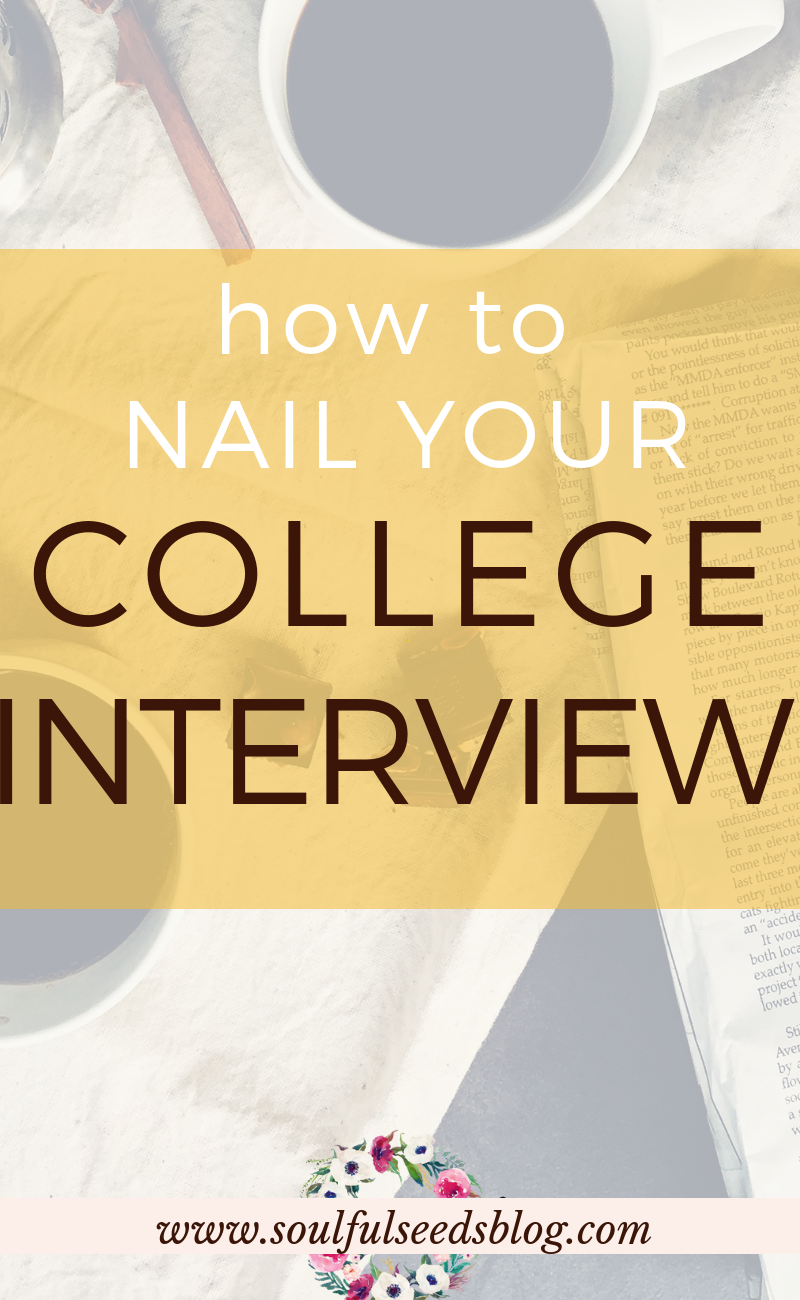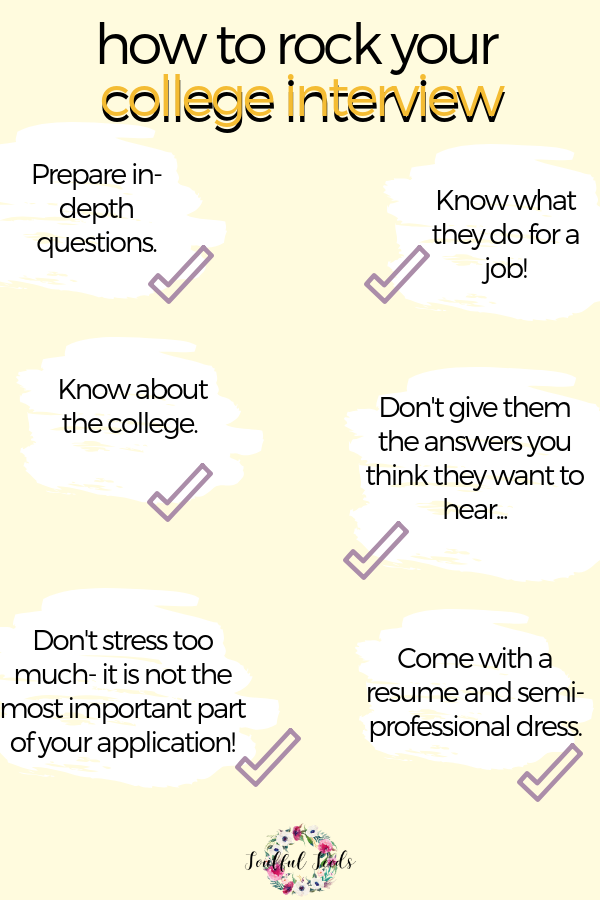(Note- This is a collaborative post with affiliate links, meaning that if you make a purchase through a link, the author might receive a commission from that purchase, at no additional cost to you. This helps keep my blog running! xo)
With so many students getting top grades in high school, universities are having to find new ways to separate students based on merit. College admissions interviews have always been a part of the application process for top-tier universities, but it’s something that’s becoming more common across the board as competition rises and standards increase.
In short, universities want to find out what kind of person you are at the interview.

They’ve usually already seen your academic credentials and know that you’re somebody who could potentially meet their standards…..but they still need to check whether you have the ability to learn and that you’re an open person, curious about new ideas.
The purpose isn’t to catch you out; it’s merely to check that you fit their criteria and can flourish as a student in their institution.
So what do you need to do so nail your university interview and avoid stress?
Other College Application Help:
Textbook Hacks- How to Get Your Textbooks for Cheap
How to Make Time to Workout in College
Focus On The Truth – Not Authority
Many students believe that universities want people who will submit to their authority. But this isn’t how the academic process works.
In professional academic circles, it is the truth, not who has the most status, that ultimately wins the argument. That’s the way that universities have always oriented themselves, and hopefully, that’s how it will continue to be in the future.
Students can sometimes become unstuck because they defer to the authority of the interviewer, rather than sticking to the truth of their own arguments. Don’t be sidetracked or overpowered by misleading arguments. Stick to the truth using reason and evidence.
Prepare In Advance
It’s tough to get into some of the top colleges and universities, which is why many students enlist the help of a college admissions counselor.
These counselors can provide advice and help students adjust to the realities of the admissions process. Even though universities want to find out whether you are a suitable candidate for their programs, they only get one chance to assess you, and if you aren’t prepared, you can make mistakes.
Make sure you prepare for your interview by researching the Interviewer’s career journey. Go to their LinkedIn page and find out when they graduated, what they studied, and what they went on to do after graduation.
Most importantly, prepare questions that you want to ask your interviewer. There will undoubtedly be a part of the college interview in which you are asked if you have any questions. Saying no to this looks bad on your part and conveys disinterest.
Make sure to prepare at least three thought out questions to ask, like:
- Did you find the curriculum flexible enough to take classes that you wanted outside of your major?
- What was the student body environment like?
- How was the transition from (_____ school) to your workplace post-grad?
Make Your Arguments Flexible
University interviewers want to find out whether you can be flexible in your beliefs, and whether you can react appropriately to new arguments and evidence. Some people will dismiss new arguments as irrelevant if they contradict their main point, but others (and these are the people universities want), will take on board what has been said and incorporate it into a response.

Don’t Over-Rehearse
Over-rehearsing can make you sound wooden and inauthentic.
Interviewers are tuned into this sort of thing and usually won’t reward it. It’s off-putting, and it doesn’t sound natural. You want to be “in the moment” as much as possible, reacting in real time to what’s being said.
This is hard because you don’t know which questions are going to come up, but it’s the best approach to create a good impression. If possible, go into the interview with the attitude that it’s a chance for you to present who you are, rather than a singular event to get the life that you want.
![]()

